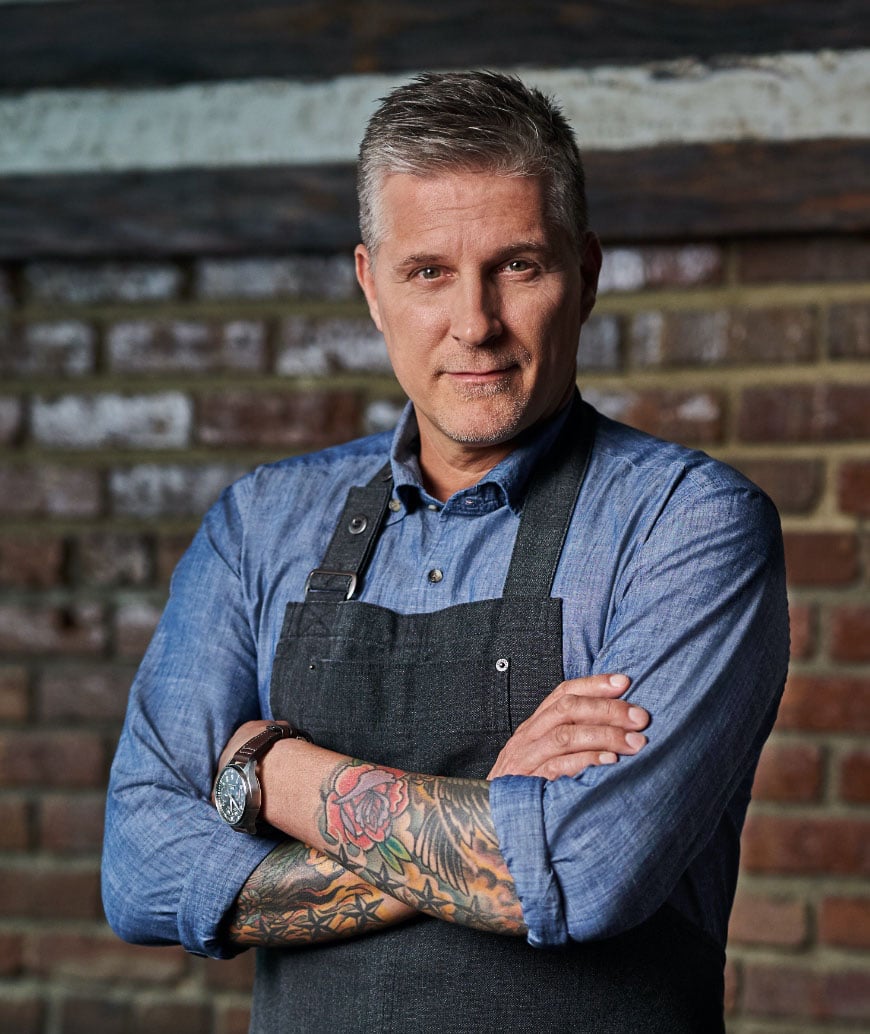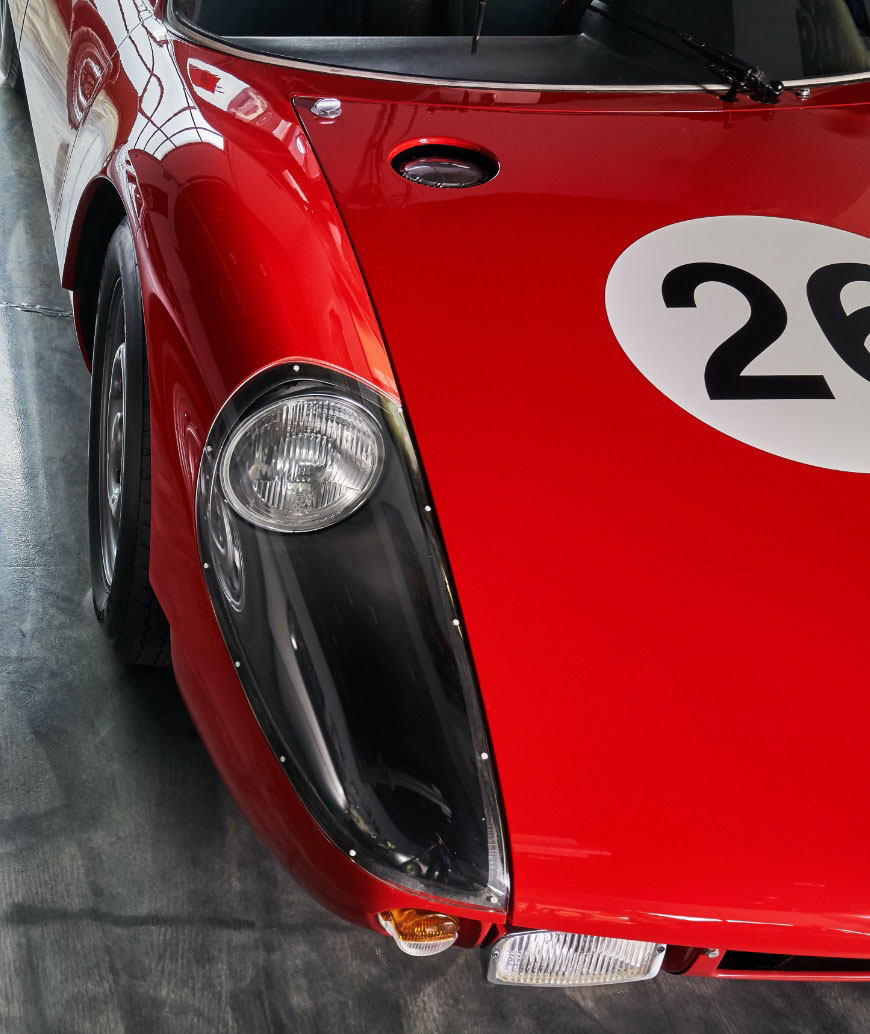Wicked
Weed
Meet Ryan Guthy, Co-founder/President of Wicked Weed
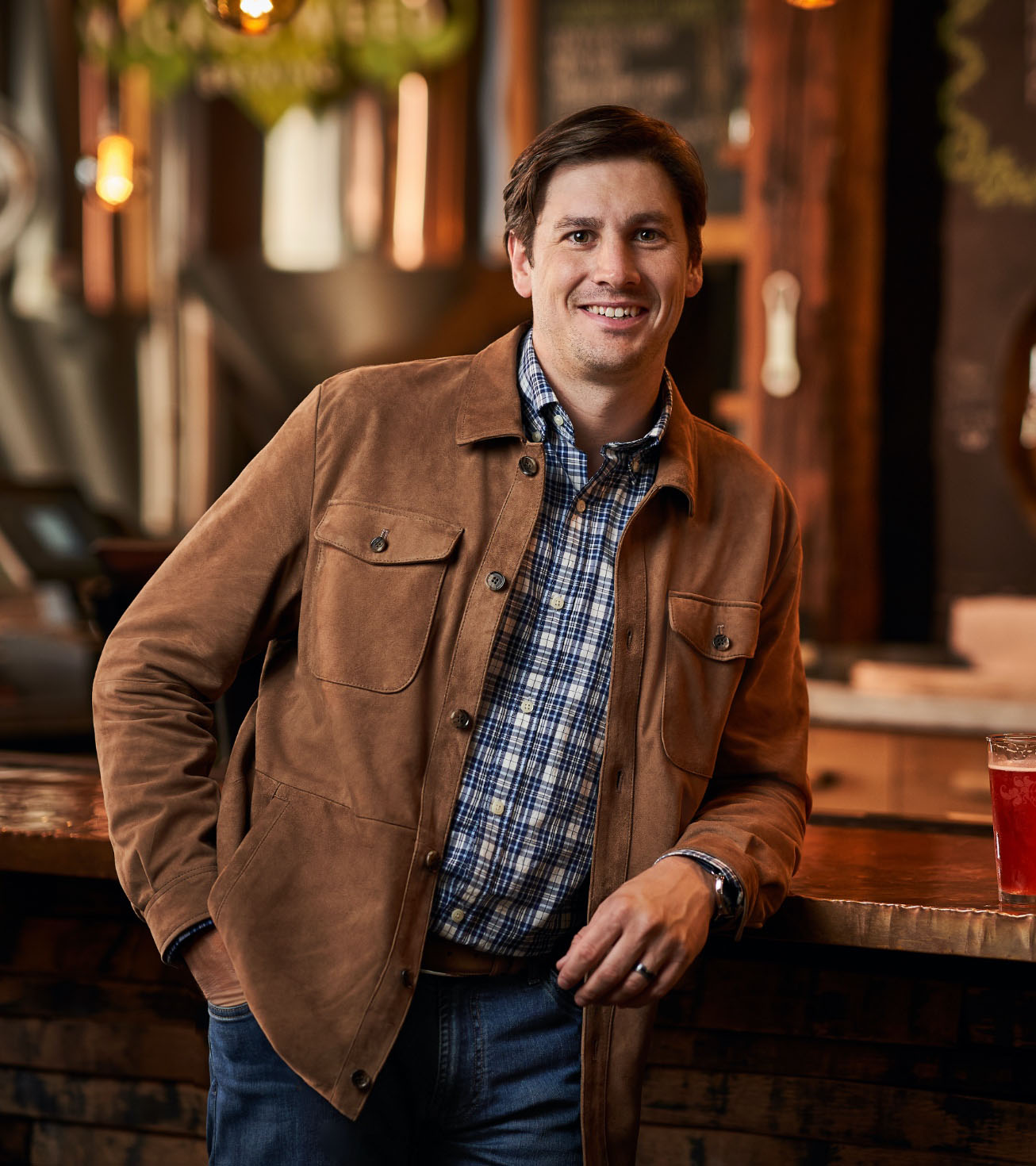

A craftsman never settles. Never utters the words, “Good enough.” Never sees an innovation as an end in itself, but rather as a gateway to the next, bigger, better innovation.
And, in the case of Wicked Weed—a prolific, world-class brewery in Asheville, North Carolina—the next, bigger, better, tastier innovation.
The thing is, Ryan Guthy, the president and cofounder, and the rest of his team simply can’t stop. Experimenting. Tweaking. Inventing. Trying. Changing.
Crafting.
“We’re about to celebrate our eighth anniversary, and in that time we’ve done more than 800 different beer recipes,” Guthy says. “We usually put out 50-plus beers a year to market in cans and bottles. That doesn’t include draft. We just set the Guinness World Record last year with the largest tap takeover: We had 177 unique Wicked Weed beers on tap at one location at one time. That’s very tough to do.”
It’s even tougher to pull off when each beer is crafted from by hand. (“The biggest thing I always think of when it comes to craft is using your hands”).
From the choicest ingredients. (“For our new Watermelon Dragon Fruit Burst, which is a session sour, we could have bought a watermelon puree and poured it into beer. No. Instead, we’re getting fresh organic watermelons, we’re cutting them up, we’re mashing them in ourselves.”)
And when, sometimes, you’re at the mercy of the weather. (“We just released a beer called TransAmLam that was five years in the making. We blend different stocks together [young and old] to really get this cool, consistent product—but it’s all open-air fermented. The Appalachian Mountains are beautiful, and bring in a lot of cool yeast and bacteria. That’s the traditional way of brewing beer.”)
This is passion. This is a relentless pursuit of something better. This is refusing to be satisfied even when something is amazing, because it’s never as amazing as the next batch might be.
Guthy has lived by this code since he brewed his first batch of beer in his college dorm room. “It did not turn out well at all. We could drink it, but if I were to try what we brewed today—man, how long ago was that, 15-plus years ago now? You would never drink it.” So (after being asked to move off-campus), he tried again. And again, and again, and again. And 800 beers later…
“That experience just helped propel the passion, the want, the desire,” he says.
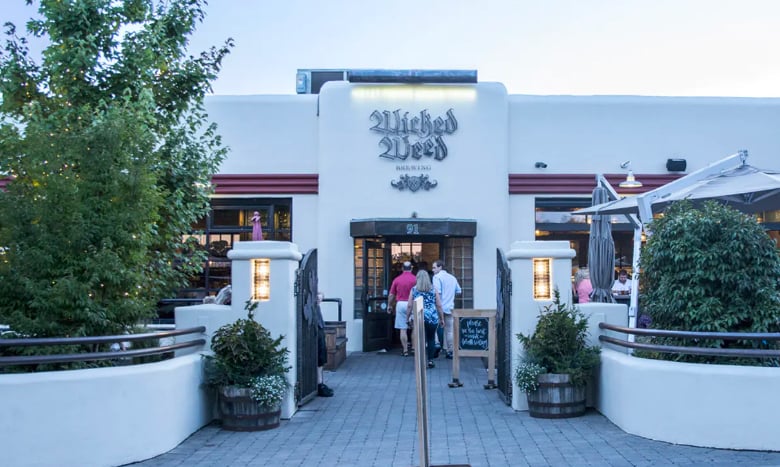
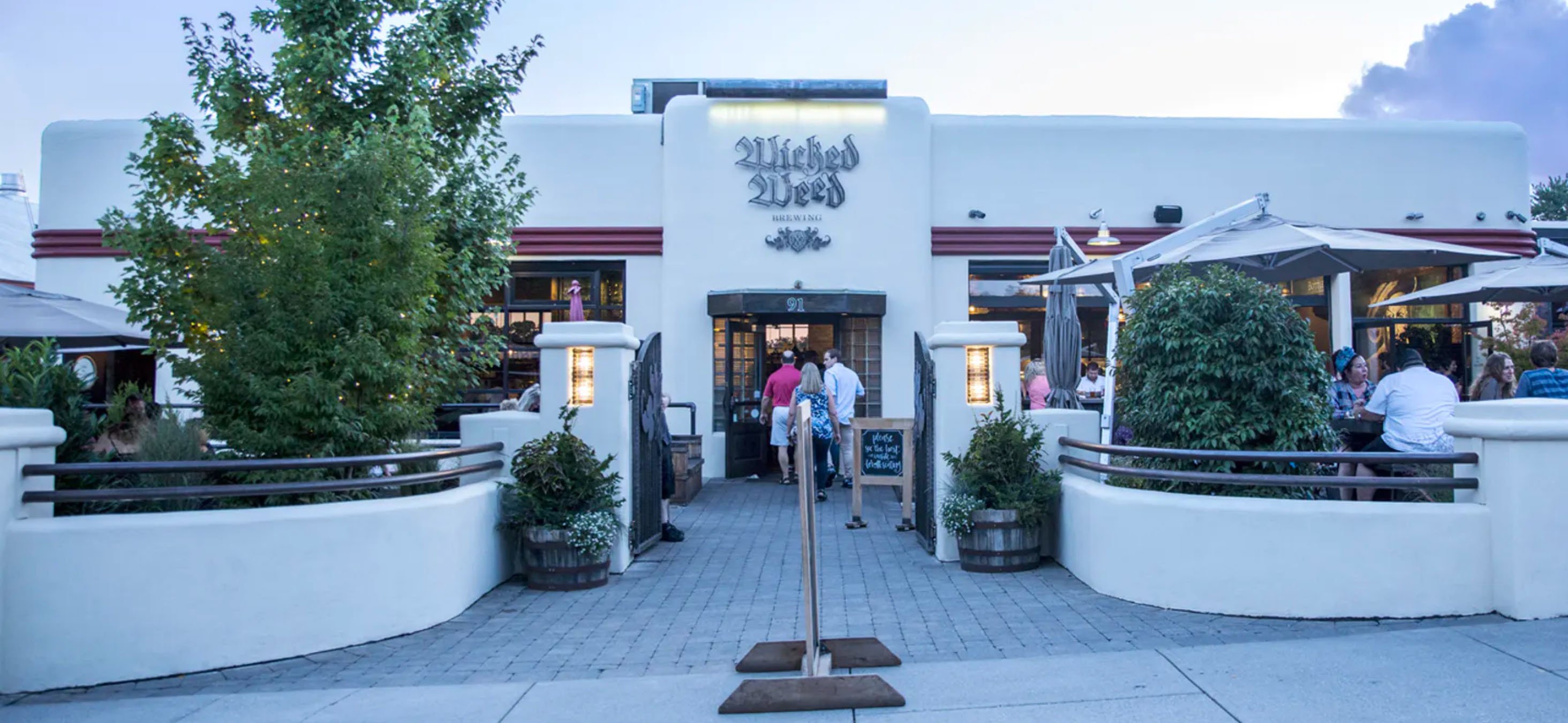
“The biggest thing I always think of when it comes to craft is using your hands.”
His other passion is playing golf, and fortunately the two vocations are compatible—he often has a can in hand on the course.
“My passion lately has been getting into how to hand-mill putters,” he says. “They’re crafting these really unique putters, head covers—the one-offs. What do they do? What are the techniques? It’s really cool to follow. It reminds me of what we do on the sour-beer side of our business: very limited, very niche, very unique, very high quality.”
Any (honest) golfer will tell you that the sport requires an amiable relationship with failure, and it’s the same with brewing craft beer. “We’re not afraid of messing up. If a beer is bad, it goes down the drain,” Guthy says, and there’s a touch of pride in the way he mentions his willingness to flush beer that’s not up to his standards.
And what about that name, Wicked Weed? Even that was a result of a dogged pursuit of the best. The founders had a list of about a hundred names, and the night before they had to submit it, they had all decided on one that everybody liked—but no one loved.
Then Guthy’s dad said, “Give me that list again.” He got to the end of the alphabet and asked, “What does ‘Wicked Weed’ mean?”
The story was, King Henry VIII in 1519 declared the hop a “wicked and pernicious weed” and banned it from brewing, saying it spoiled the taste of beer. The Germans and the Belgians were using hops more and more, in place of other herbs and spices. But King Henry had cash crops in all those herbs and spices. So he didn’t want this wicked and pernicious weed spoiling all the money he had coming in through making beer.
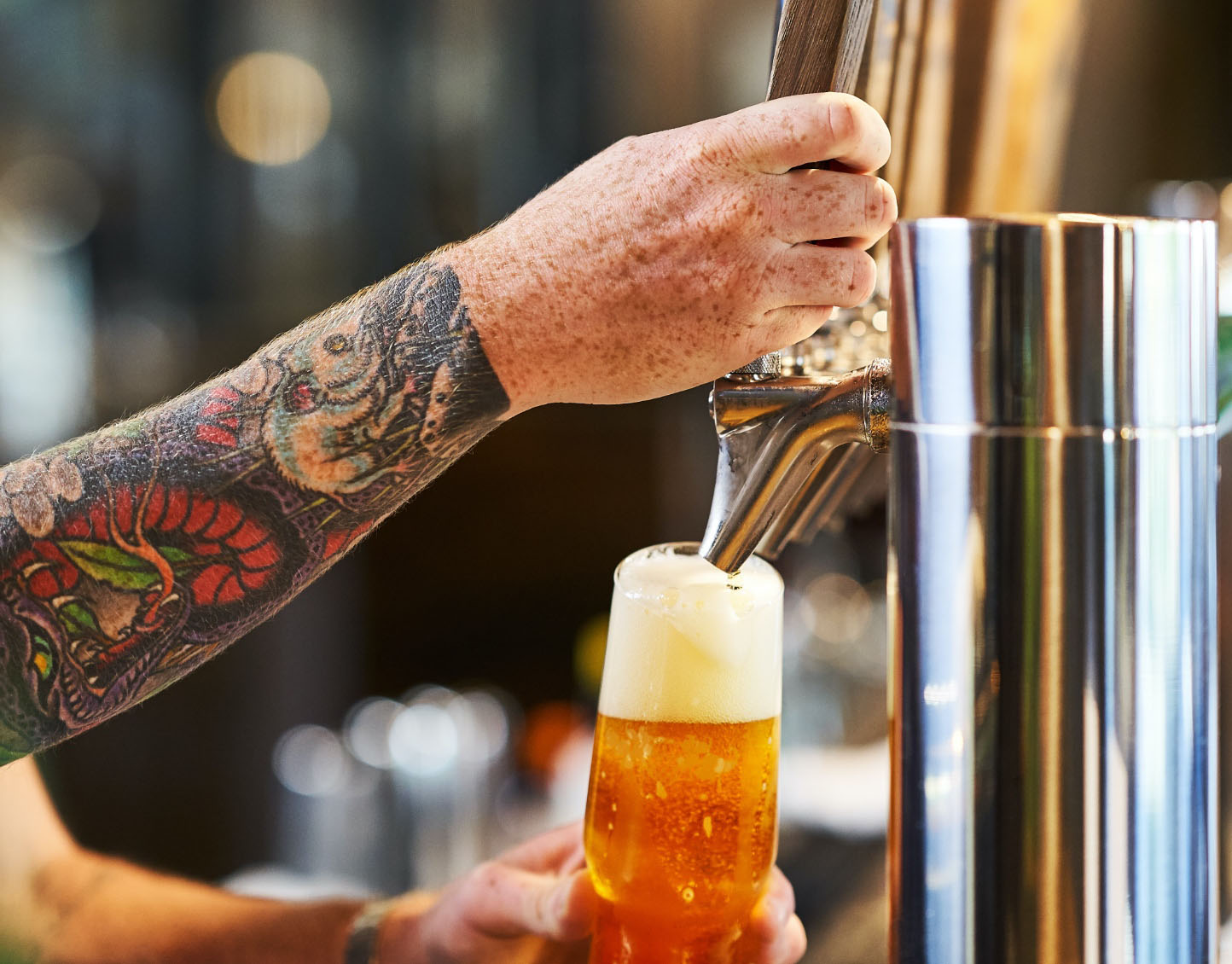
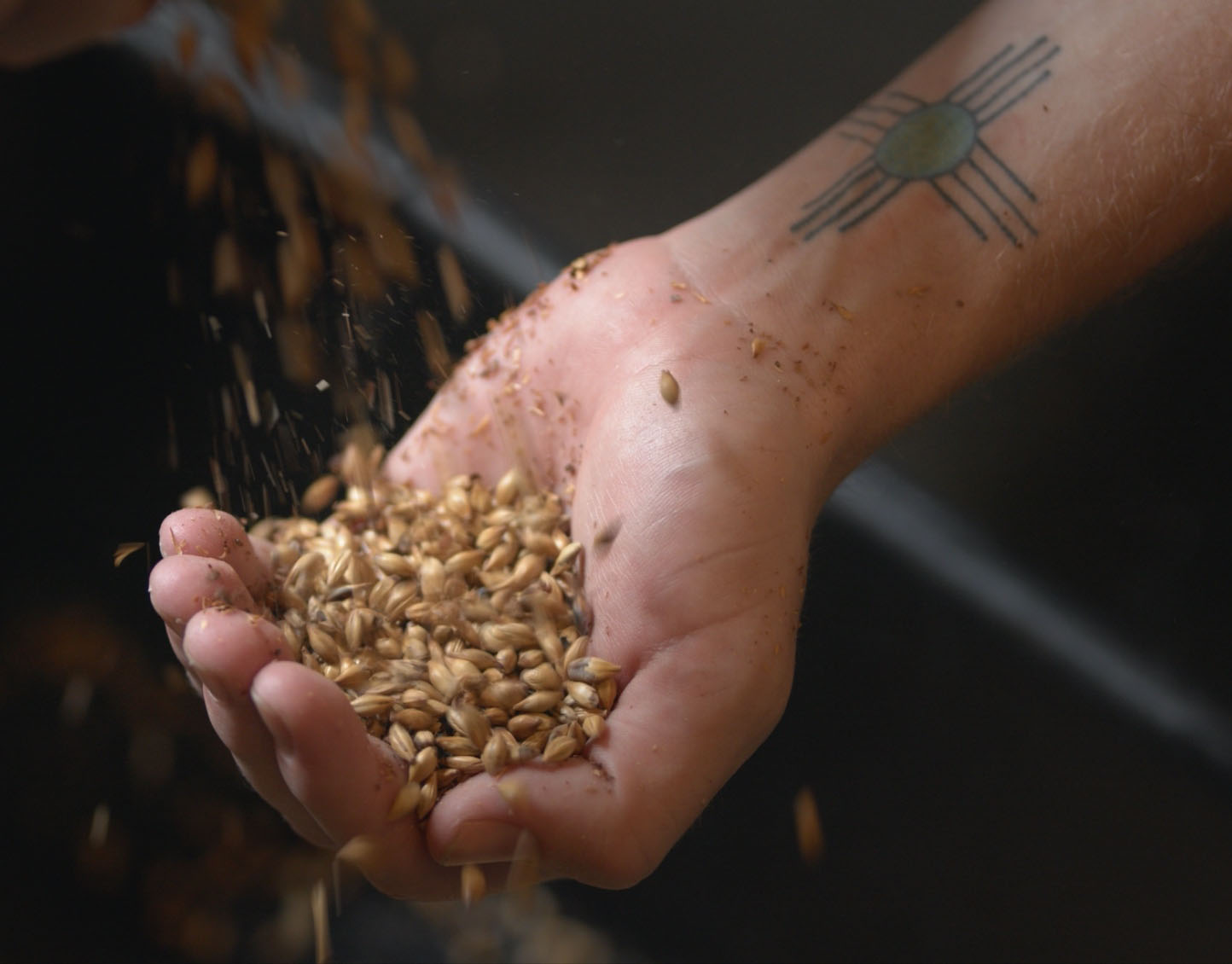
Everyone looked at each other. That settled that.
“I’ve gone to cities all over the world to drink a lot of beer. And if you go to four or five, six, ten breweries over the course of a weekend, maybe you don’t remember every name, but Wicked Weed we knew would be a name that would stick with you,” Guthy says. “I think it’s one of the best decisions we’ve ever made.”
And this from a man who makes dozens of decisions a week, guiding his company by tasting its product—and encouraging others to do the same. Every week, the Brewpub in Asheville hosts New Beer Thursday, where the company releases two to three new beers for some of its 320 local employees to sample and give feedback on. Everything contributes to what Guthy calls the “all-encompassing experience” he hopes people find with Wicked Weed.
Because even with nearly a thousand beers behind it, and a host of medals from the Great American Beer Festival and World Beer Cup to match, Wicked Weed isn’t done. They never will be. “We just set out to be the best in our craft,” Guthy says. “We should always be finding what’s the next best beer we can make.”
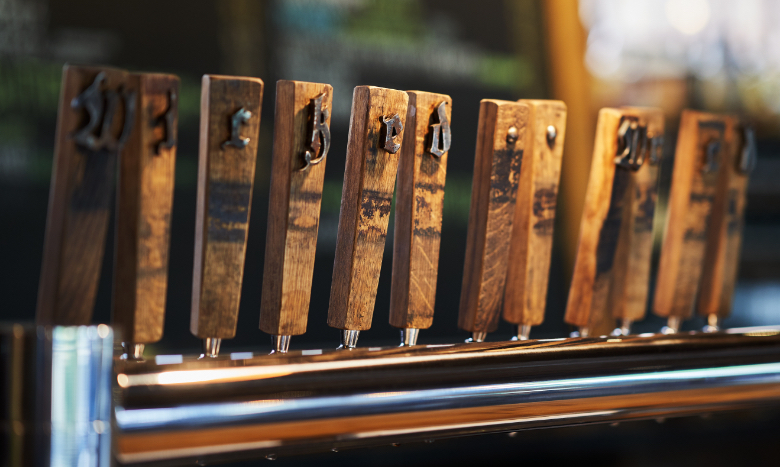
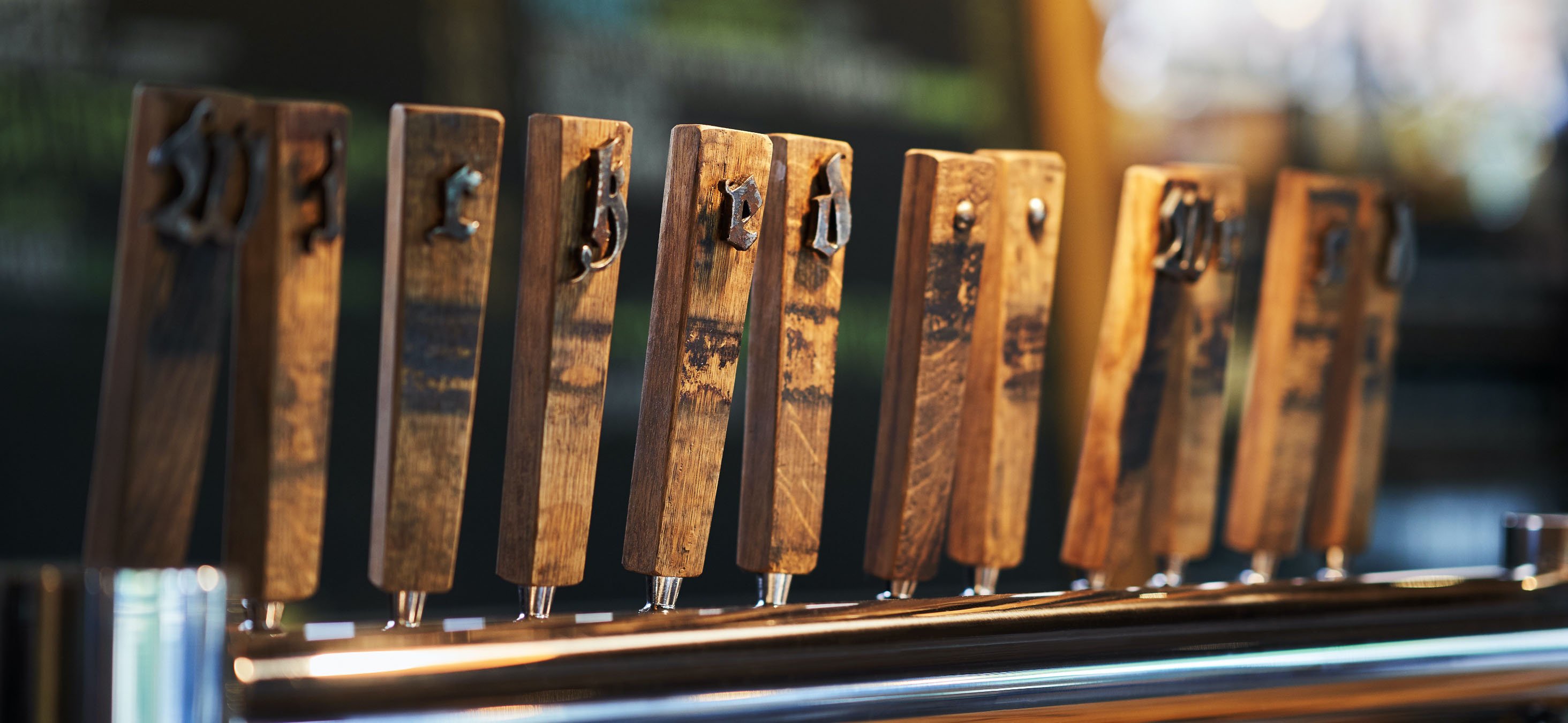
“We’re not afraid of messing up. If a beer is bad, it goes down the drain.”

The Perfect Pairing
A comforting fall dish from Chef Scott Crawford
and a unique beer from Wicked Weed Brewing



